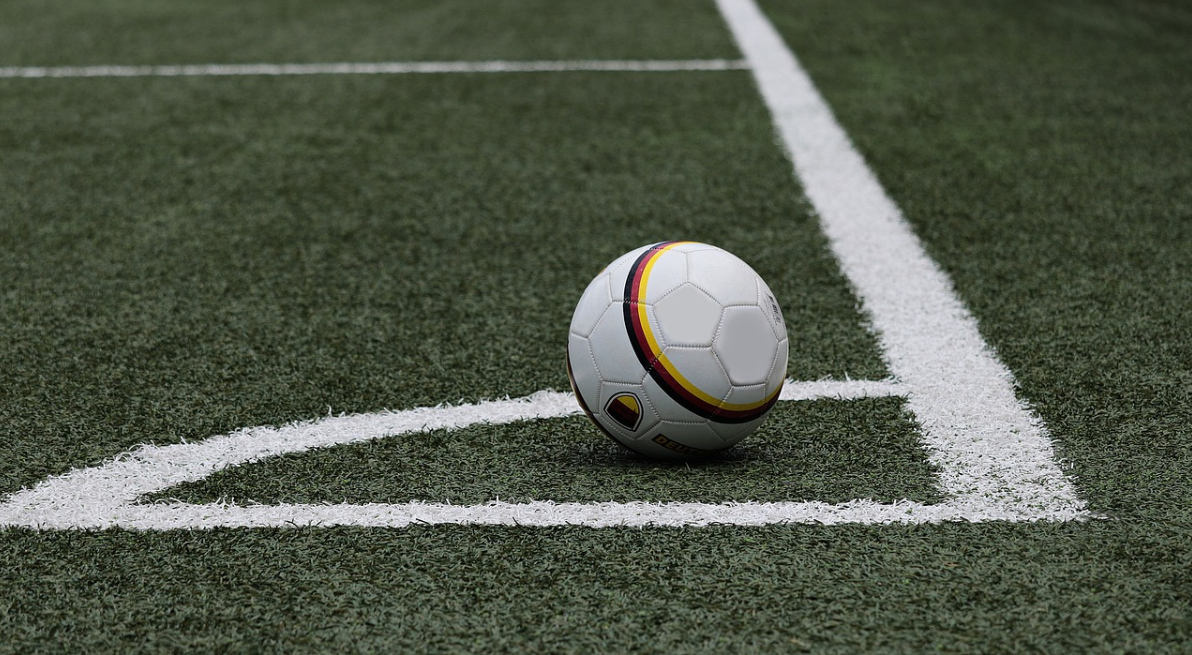Soccer-"A Beautiful Gift": Swiss women pioneers celebrate the game's transformation
On the terrace of a restaurant in the Swiss city of Sion sits a group of pioneers of women's football in Switzerland who have seen the beautiful game change beyond recognition. For 72-year-old Madeleine Boll, seeing the city in the French-speaking part of Switzerland hosting three games in the Women's European Championship, which is being staged across the country, is a proud moment.

On the terrace of a restaurant in the Swiss city of Sion sits a group of pioneers of women's football in Switzerland who have seen the beautiful game change beyond recognition.
For 72-year-old Madeleine Boll, seeing the city in the French-speaking part of Switzerland hosting three games in the Women's European Championship, which is being staged across the country, is a proud moment. The mascot of the tournament, a Saint Bernard puppy, bears her name, Maddli, in recognition of her role in advancing women's football in Switzerland.
At 12 years old in 1965, Boll became the first woman in Switzerland to obtain a licence to play football, with FC Sion's boys' youth team. But just months later it was taken away from her after the club said it had made an error. "I was the happiest little girl. But the day they took away my licence, I was the unhappiest because I didn't understand why I was forbidden to play," Boll told Reuters.
However, it marked the first in a series of landmark moments that enabled women's inclusion in Swiss football. By 1970 the first Swiss Women's Football League was created, with Boll's father, Jean Boll, its president. Madeleine later played for FC Sion, one of the earliest women's football clubs in Switzerland.
"It's a beautiful gift because it's here that the beginnings of Swiss women's football took root," she said. KEY MOMENT
A lot has changed since Boll and her generation played. There are now 40,000 registered women players and 134 female referees in Switzerland, according to the Swiss FA. "It was different. We didn't have jerseys, we didn't have means to travel ... We had to make people understand that we are capable of playing," said 72-year-old Rosemarie Siggen, from Sion who started playing football towards the end of the 1960s.
For Siggen and Boll, who were joined by four other footballing pioneers in the women's game in Sion, this year's tournament is a key moment to make strides in supporting women's football. "The Euros will be a catalyst," Boll told Reuters, pointing to it as an opportunity for greater investment in the women's game.
The Swiss hosts are hoping the legacy of the tournament - being played across eight cities over the next month - will bolster female football in the country as Euro 2022 did for champions England. It is aiming to double the number of female players by 2027, according to the Swiss FA. "It's a bit difficult for these young girls. They need help. I think there should be stronger support, a real investment ... we want to see them progress because they can bring many beautiful things," said Siggen.
Boll hopes that the Switzerland side, who lost their first match of the tournament 2-1 to Norway, can continue to make strides with more financial support. "If we want to have a good Swiss team ... it will be important that girls become professional because it is difficult ... to achieve results while having a job or being a student," Boll said.
UEFA, the governing body for European soccer, announced a record 600,000 tickets have been sold for the tournament. Basel will host the final on July 27 at St. Jakob-Park, the largest football stadium in Switzerland.
(This story has not been edited by Devdiscourse staff and is auto-generated from a syndicated feed.)










